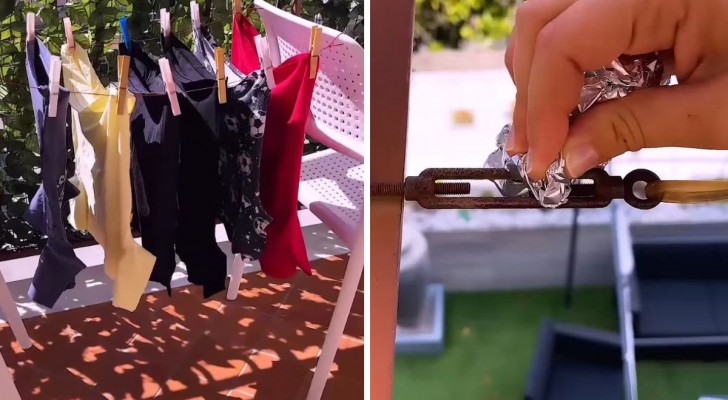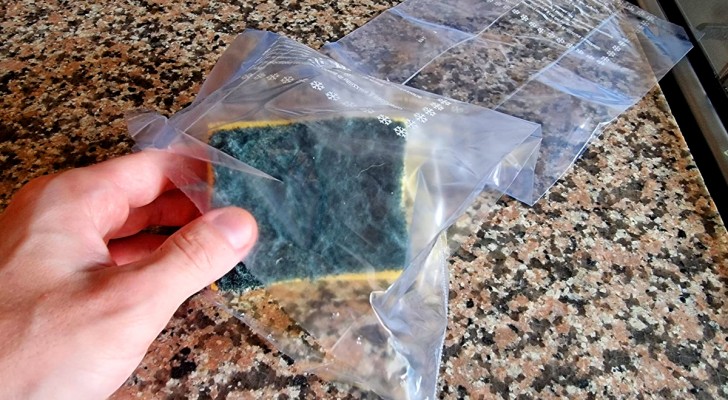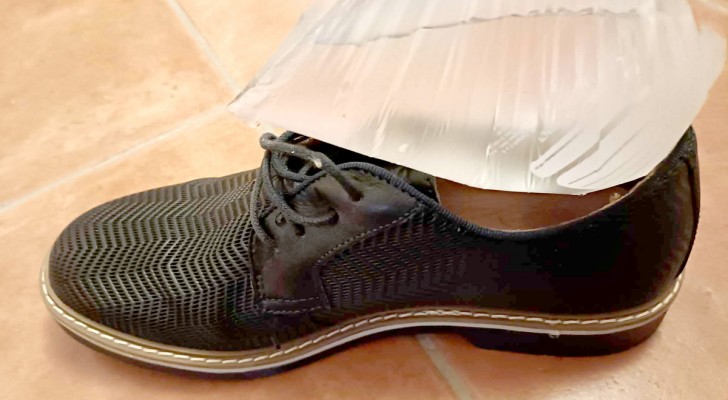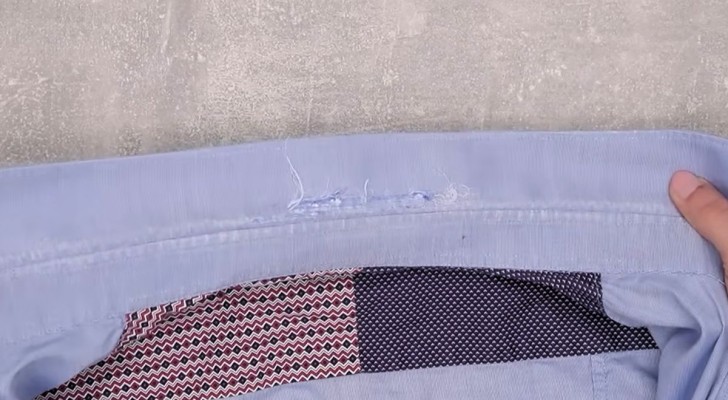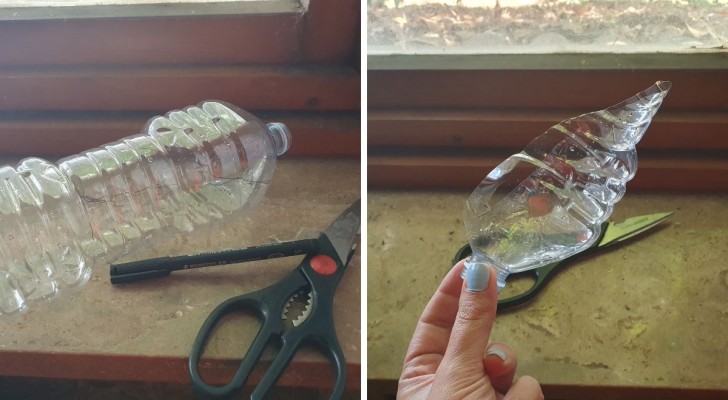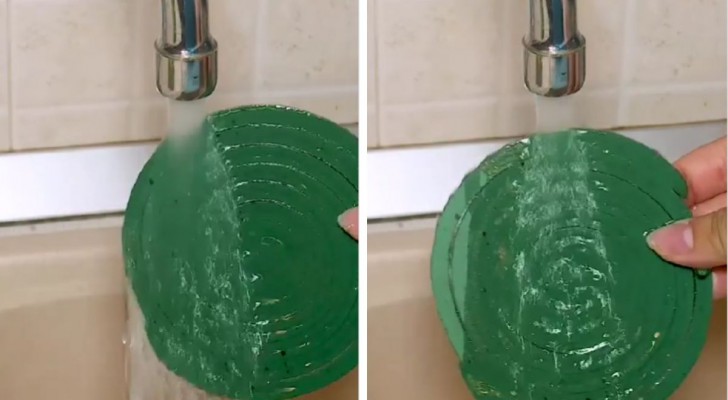Be cautious using vinegar: there are surfaces on which it is better not to use it
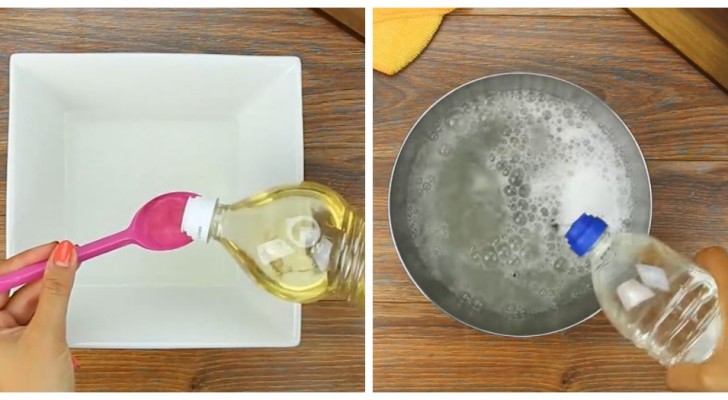
It is always good to have an extra supply of white vinegar at home: whether it is wine, alcohol, apples or other types of white vinegar (such as rice), all of them can be useful in many different ways - well beyond their primary use in the kitchen. They help us degrease, eliminate bad smells and clean difficult dirt deposits and even mold.
Although it is a less aggressive product than some very effective chemicals (such as bleach), vinegar can still be too aggressive on a number of surfaces, where it could cause damage. There are also cases in which it is important not to mix it with other substances which it can chemically react with. Read on to find out more:
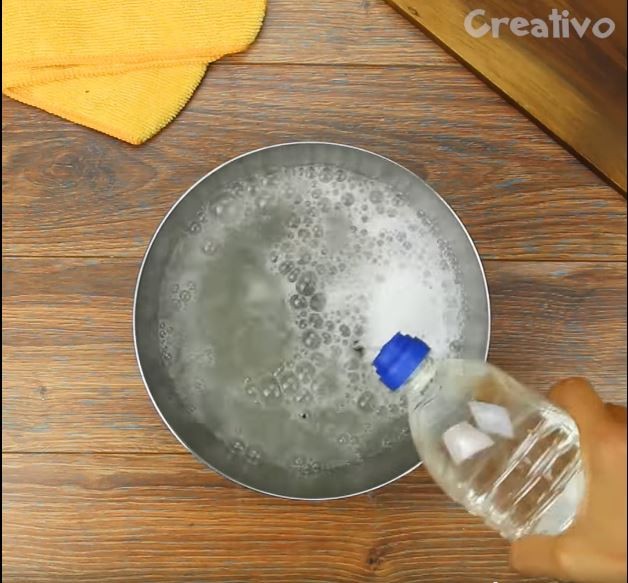
Creativo
- Natural stone: Natural stone floors or walls have a finish that could be damaged by vinegar. It may become duller, and constant use can end up eating away a little bit of the surface layer which then becomes porous and gets dirty faster. Not to mention that restoring the original state of these coatings becomes very expensive.
- Marble or granite: in the same way, marble or granite countertops (or cutting boards, or vases) can be ruined by the constant use of vinegar. These are surfaces which have been manufactured to have a glossy finish and the use of vinegar (as well as bleach and other aggressive products) makes them porous and opaque. It is better to use warm water with a few drops of dish soap and a teaspoon of ethyl alcohol on these surfaces.
- On wooden surfaces with a waxed finish: tables, furniture doors and even parquet do not like the acidity of vinegar, and therefore it must be used very rarely. When more than water is needed to clean, an alkaline soap suitable for the type of wood should be used.
- On mother-of-pearl surfaces and pearls: among the components of pearls is calcium carbonate, which tends to dissolve in contact with vinegar. So don't use it if you plan to clean your pearl-based jewelry. Instead, it is better to dip a soft cloth in a solution of hot water in which you have dissolved a few drops of mild dish detergent, or even some Marseille soap.
- Also remember that if you use vinegar, you must not add bleach or hydrogen peroxide: the interaction of these substances, in fact, releases toxic gases that are harmful to one's health.
It seems intuitive, but it is worth remembering that you cannot use vinegar to clean the screens of electronic devices: it is true that the specific products for these surfaces have an alcohol base, but vinegar does not evaporate as quickly as these products and, in any case it is always advisable to avoid liquid products which are sprayed directly onto electronic devices.
If you use vinegar to clean metal objects or other materials, there should be no problem using it. However, be careful not to let it end up on any gaskets (seals) and rubber finishes, which could be damaged and will then need to be replaced.
